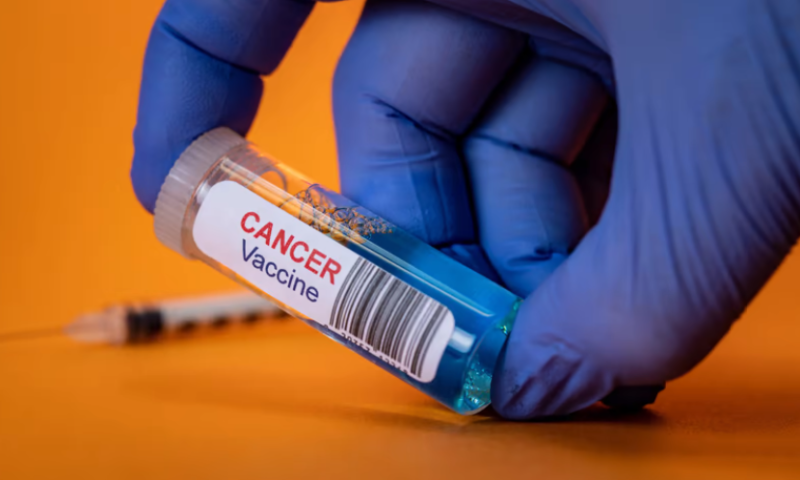A year and a half after debuting on the world stage with its Pfizer-partnered COVID vaccine, BioNTech wants to prove it’s not a one-hit wonder, touting early data of a pancreatic cancer vaccine combo that suggest a delay in tumor recurrence.
Interim data for BioNTech’s individualized mRNA cancer vaccine called autogene cevumeran, in combination with Genetech’s Tecentriq and chemotherapy, showed that half of the treated patients posted a noticeable immune response, correlating with longer recurrence-free survival, according to a Sunday release.
The bite-sized sneak peek of the phase 1 trial presented at the American Society of Clinical Oncology annual conference assessed 16 treated patients with pancreatic ductal adenocarcinoma following surgery. The data suggest increased recurrence-free survival was correlated to increases in neo-antigen-specific T-cell response.
BioNTech also said the combo was well tolerated, with only one out of the 16 assessed patients developing a grade 3 side effect. Roche and BioNTech will now move forward with a randomized study of the vaccine combo to evaluate safety and efficacy in patients with resected pancreatic ductal adenocarcinoma.
The company also confirmed the manufacturing feasibility for the iNeST program, a slate of specifically-designed cancer immunotherapies targeting solid tumors, colorectal cancer and first-line melanoma. Each vaccine has to be made on demand by profiling each patients’ tumor. The vaccines contain mRNA that encode up to 20 patient-specific neoantigens to help fight cancer.
The data, however small, are undoubtedly a boost to BioNTech’s efforts to bolster other parts of its pipeline beyond the COVID jab and further legitimize its mRNA tech.
The news also allows Roche’s Genentech to partially, albeit momentarily, exhale as it searches for validation of the $310 million in upfront payments and near-term milestones provided to BioNTech in 2016 to partner on this program. The latest analysis follows previous early-stage data from 2020 showing that the combo had a “low” response rate in 108 patients with solid tumors.
BioNTech Chief Medical Officer Özlem Türeci, M.D., called the data “encouraging” in a statement and said the company would be gearing up for the larger randomized study.
As for the other two indications being tested, BioNTech expects data in the second half of the year from its ongoing phase 2 trial in melanoma and continues to enroll patients in the phase 2 trial for colorectal cancer. The latter is expected to enroll about 200 patients.

